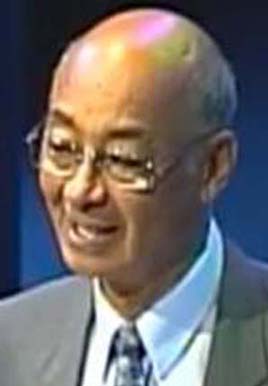By Dr. Rudi V. Webster
Ross Perot, a former United States presidential candidate once said that lack of leadership at the business and political levels is one of the biggest problems nations have in making themselves competitive and successful.
If leadership is that important, why is it so often missing in our governments and organizations? Who are the people who lead? What are their backgrounds, abilities and personal characteristics? What do they actually do? Should leadership just be the domain of the ministers, CEOs or a few top managers? What are the challenges and demands that they face? How do they tailor their actions and resources to fit those challenges? Why are some leaders more effective than others? How is leadership changing with time? And how can we alter our thinking about leadership to explain why it is so critical in today’s complex and intensely competitive world? These are some of the questions today’s leaders must answer in order to take their countries and businesses to higher levels of performance.
In recent times, researchers in cell biology and quantum physics, have examined in detail how cells receive and process information. They conclude that while genes and DNA influence the behaviour of cells, they do not control it. Instead, DNA is directed and controlled by signals in the environment.

